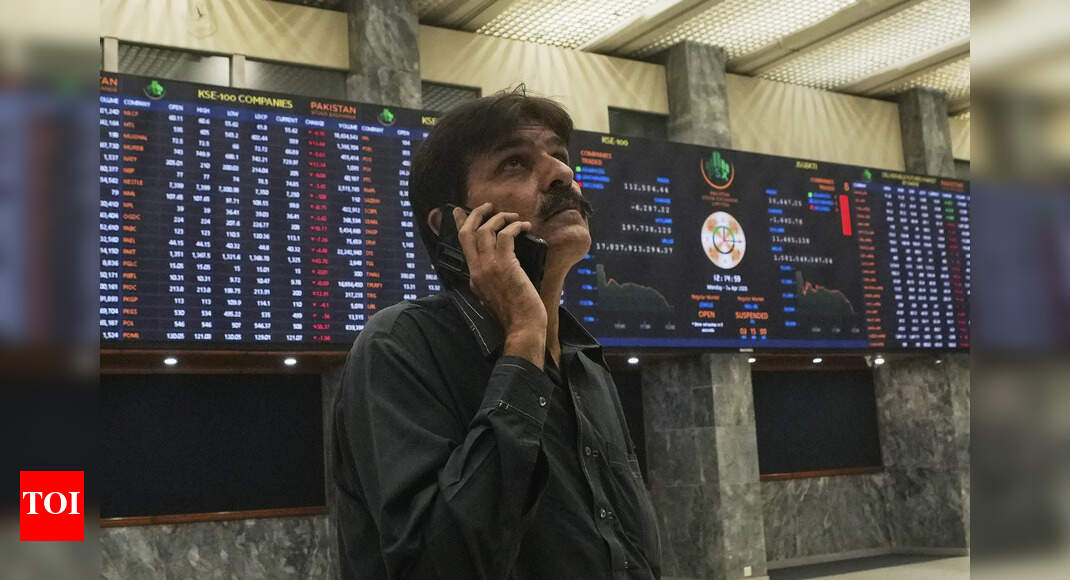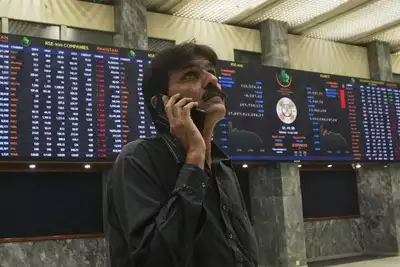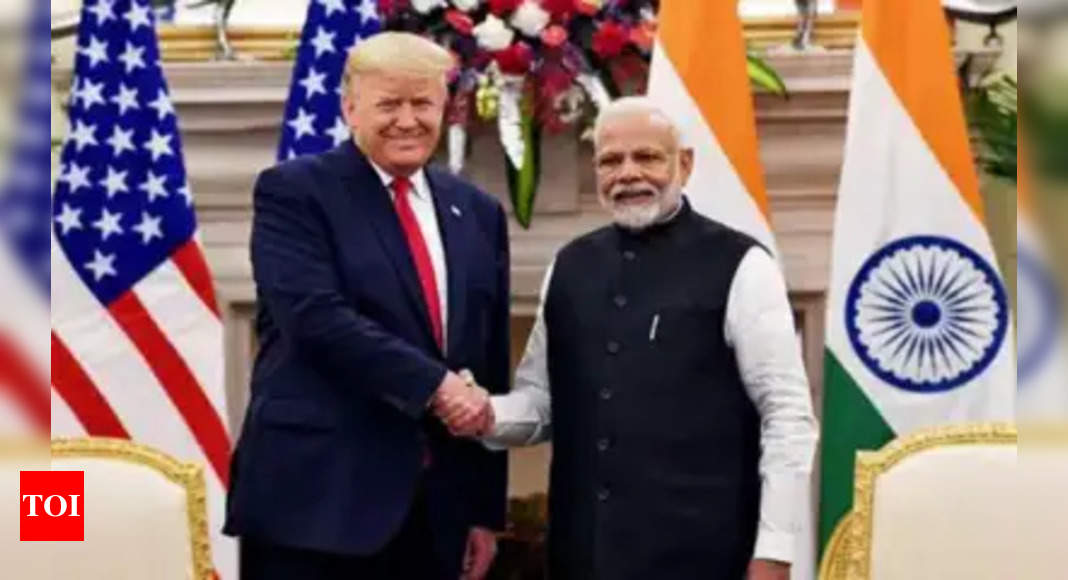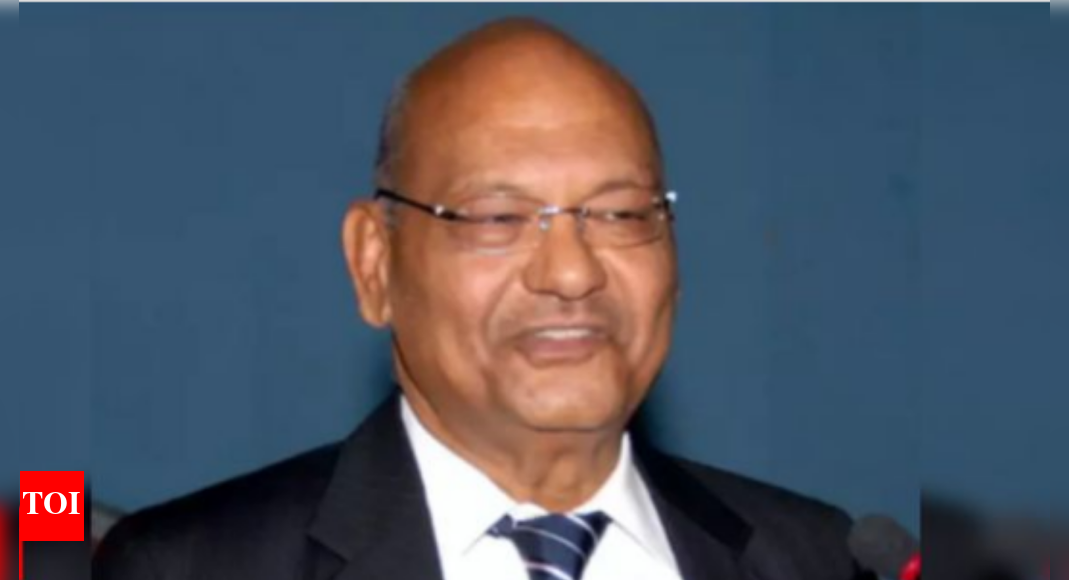Indian investors suffered a massive bloodbath at Dalal street, with the market capitalisation of BSE-listed companies falling by a staggering Rs 11.30 lakh crore since the beginning of April.
The downfall was triggered by ongoing tariff concerns fueled by a series of aggressive tariff announcements between the United States and China.
Since April 2, the BSE benchmark Sensex tumbled 1,460.18 points, or 1.90 per cent. This decline reflected rising uncertainty across global financial markets, which were first shaken when US President Donald Trump introduced a sweeping tariff plan in the first week of April.
From Rs 412.98 lakh crore on April 2, the total market capitalisation of BSE-listed firms had fallen to Rs 401.67 lakh crore, a drop of over Rs 11.3 lakh crore ($ 4.66 trillion).
The announcement set off fears of a full-blown trade war, especially after China responded with retaliatory duties hiking tariffs on American goods by 125 per cent, after the latter announced imposing a 145 per cent levy.
India, too, was caught in the crossfire, with the US announcing a 26 per cent tariff on Indian imports.
However, the turmoil ceased when Trump suspended the tariffs for 90 days until July 9, with benchmark indices rising nearly 2 per cent after the US temporarily paused additional import duties for most countries, excluding China.
“Markets had a rocky start to the new fiscal year after Trump announced sweeping reciprocal tariffs on the world. Global markets witnessed sharp losses, and India also was not immune to the sell-off but fared relatively better so far,” said Satish Chandra Aluri, analyst at Lemonn markets desk.
Vishnu Kant Upadhyay, AVP, research & advisory at Master Capital Services, said that while Indian markets have faced a host of challenges in recent weeks, the biggest concern remains the global uncertainty stemming from US-China tensions.
He said that Indian equity markets are going through a complex landscape shaped by global uncertainties and potential shifts in US trade policy. While domestic resilience and strengthening corporate earnings could offer a base for recovery, investor sentiment is under pressure.
He added that despite the correction that began late last year, there’s optimism about a market rebound in the second half of FY26, driven by improved corporate earnings and renewed foreign capital flows, as valuations are now more attractive.
“But the present phase of uncertainty may last for another three to six months specifically because of fear of a US slowdown and recession that is stifling investor sentiment. Conversely, if global conditions stabilise, Indian equities may once again emerge as a desirable destination for foreign investors seeking long-term growth potential,” Upadhyay said.
He further emphasised that India’s economy remains on solid footing, but sustained policy support and resilience will be critical to shield domestic industries from external shocks.
Markets remained closed on April 10 and April 14 on account of Mahavir Jayanti and Dr B R Ambedkar Jayanti, respectively.











